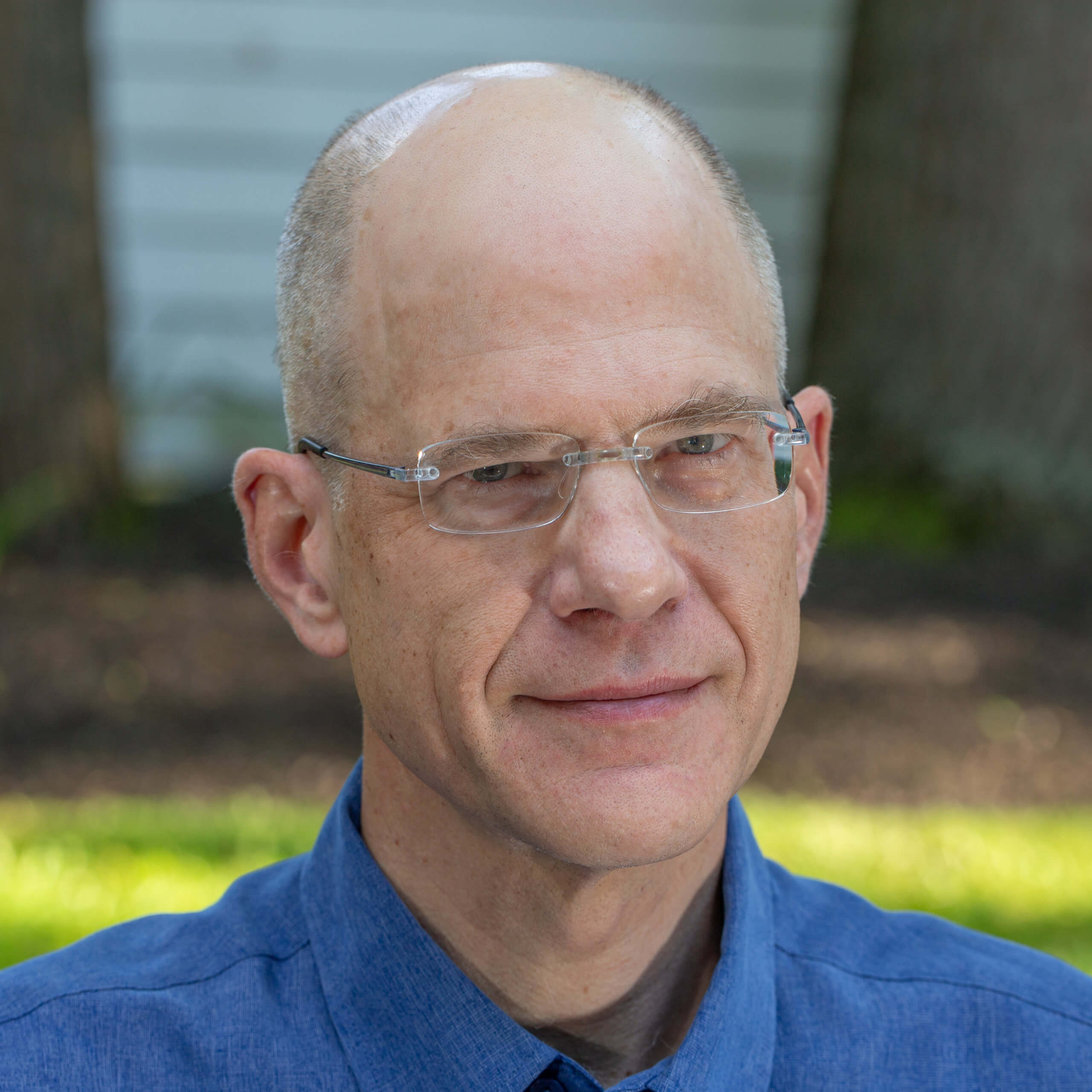
Edward B. Foley holds the Ebersold Chair in Constitutional Law at The Ohio State University, where he also directs its election law program.
His new book, Presidential Elections and Majority Rule (Oxford University Press, 2020), excavates the long-forgotten philosophical premises of how the Electoral College is supposed to work, as revised by the Twelfth Amendment to the U.S. Constitution, and then uses this historical analysis to provide a feasible basis for reform of state laws that would enable the Electoral College to operate according to majority-rule objectives it was designed to achieve.
His book Ballot Battles: The History of Disputed Elections in the United States (Oxford University Press, 2016) was named Finalist for the David J. Langum, Sr. Prize in American Legal History and listed as one of 100 “must-read books about law and social justice”.
As Reporter for the American Law Institute’s Project on Election Administration, Foley drafted Principles of Law: Non-Precinct Voting and Resolution of Ballot-Counting Disputes, which provides nonpartisan guidance for the resolution of election disputes. He has also co-authored Election Law and Litigation: The Judicial Regulation of Politics (Wolters Kluwer 2014).
Professor Edward Foley explains the legal challenges which might determine who our President will be.
Will we know who our President is on election night and what happens if the results are contested? Professor Foley from The Ohio State University Moritz College of Law explains.
Professors Ned Foley and Charles Stewart III discuss voting during a pandemic and the impact the pandemic may have on the upcoming election.
Ned Foley and Tom Wolf discuss redistricting litigation across the nation, and the impact of gerrymandering on elections.
Subscribe to receive featured episodes and staff favorites once a month.
Newsletter Signup